The plight of indigenous people is a scab on our nation which worsens with the picking. No one, not even cynical, reactionary, No-voting redneck ex-coppers like me fails to recognise the suffering is real. Having lived and worked in Cape York indigenous communities, I know at least as much about the realities of first Australians living in remote isolation as the writers of the Uluru Statement from the Heart. Like Jacinta Nampijinpa Price, I’ve been to the funerals of murder victims and suicides. I, along with other coppers, stood between opposing clans in riots staring down hundreds of angry, armed people. I dealt with and protected victims of violence often using force. I took children away. I don’t feel ashamed of that. In fact, I feel shame for the ones I didn’t take and left to their fates. I served my time, paid in sweat and sometimes blood, ending more than one shift getting medical attention. It was traumatic. I paid a lot for the insight, but don’t regret the experience.
I more than understand the sense of powerlessness indigenous people feel. I share it. It’s felt by anyone who lives outside of the capital cities. It’s not in our heads. Queensland has ninety-three state electorates and seventy-three of them are within two hundred and fifty kilometres of the Brisbane CBD. That’s twenty elected representatives for millions of square kilometres and over a million people with truly diverse creeds, colours and outlooks. We in the regions don’t have a voice and when we do speak, the whites are dismissed as redneck deplorables and authentic indigenous regional voices like Senator Price’s are mocked, ridiculed and de-legitimised. Yet it’s the land we regional people share that grows the crops, grazes the livestock and yields the minerals. We create the wealth and we endure the taxation without adequate representation. What do we have to show for the pilfered prosperity? High suicide rates, lessening lifespans and literacy rates, rising crime, expanding hospital waitlists and second-rate infrastructure. It infuriates us when some inner-city electorate gets yet another pedestrian bridge over the Brisbane River while ambulances ramp at our hospitals.
The fact is, if you’re indigenous in a big city where there are opportunities and services, you’re probably doing relatively OK. Much better than white trash in forgotten towns. Like the forgotten white trash, its indigenous people in remote communities that are suffering, but at least the elites pretend to care about indigenous people. This situation has evolved because of a simple dynamic. It takes more than voting to be a real democracy and our democracy has become distorted. The voting power of inner-city elites is being used to oppress and exploit us in the regions. Over-representation of the interests of metropolitan capitals has resulted in a lack of regional representation and associated autonomy. This distortion is impacting on the legitimacy of democracy in the minds of many.
There really are systematic changes that should be made to give disadvantaged suffering people a voice. But it is not, of course, the entrenching and empowerment of an unelected indigenous aristocracy by the constitution or second referendums. Nor does it mean a treaty. Countries don’t make treaties with themselves.
Like the indigenous people I live, work and worship with, I want more control over the decisions that impact my life. Applying the principle of subsidiarity; a principle of social organisation where decision-making for socio-political issues is devolved to the most local level to the people who it most affects achieves everything the Voice claims it will do without the divisive split, without dilution of democracy or destruction of our constitution. Unlike the proposed constitutional apartheid, subsidiarity really does unite. It is inclusive of forgotten non-indigenous people in neglected regions.
What indigenous people want can be summarised in four words: representation, empowerment, autonomy and control. Exactly what forgotten whites who are suffering from the same maladies as indigenous people also want. Yes, real disadvantage suffered by indigenous people in remote, rural areas is linked to a lack of representation and autonomy but these problems are not confined to a race. We don’t just share the same geography, we all share a future. It must be a united future.
The answer is addressing the distortion of democracy created by the electoral black hole that is Brisbane, a vortex that all power is sucked into. First, the creation of a new democratic entity. A new state must be created for central and north Queensland. If the new border was somewhere around Gladstone, there would be sufficient population and wealth to allow the seventh state to prosper, without unduly impacting on the prospects of New South Queensland. We’d still be great mates just in separate states, each empowered to pursue happiness, live life and practise liberty as we see fit. This would impact on the nation re-invigorating competitive federalism, thereby creating opportunities for all Australians.
Second, as Graeme Haycroft suggested in his ADH TV interview, more local direct democracy. Local boards guiding decisions for institutions like hospitals, law enforcement and schools. This reverses the centralisation of state authority by removing bureaucrats from decision-making positions, returning them to functionaries rather than unaccountable, unelected policymakers that they have become. The pure weight of the bureaucratic apparatus has been used to administratively achieve social change without going through the trouble of democracy. The government has facilitated this bureaucratic overreach because it enables them to re-engineer society through administrative fiat rather than the rough and tumble of democracy. When they can’t distort democracy to fix outcomes, the elites avoid even the pretence of democratic process because they lose more than they win when ideas are made public and contested.
The Yes campaigners are wrong. The Voice isn’t the last or even best chance for indigenous empowerment. It won’t heal Australia or improve the lot of disadvantaged people. It can’t. It’s not addressing the real issues. There are better ways we can advance Australia and address indigenous disadvantage after the referendum should, God willing, it fail.
Got something to add? Join the discussion and comment below.
Get 10 issues for just $10
Subscribe to The Spectator Australia today for the next 10 magazine issues, plus full online access, for just $10.
Martin Lynch is a former police officer from Far North Queensland who worked in remote, isolated indigenous communities.
You might disagree with half of it, but you’ll enjoy reading all of it. Try your first month for free, then just $2 a week for the remainder of your first year.

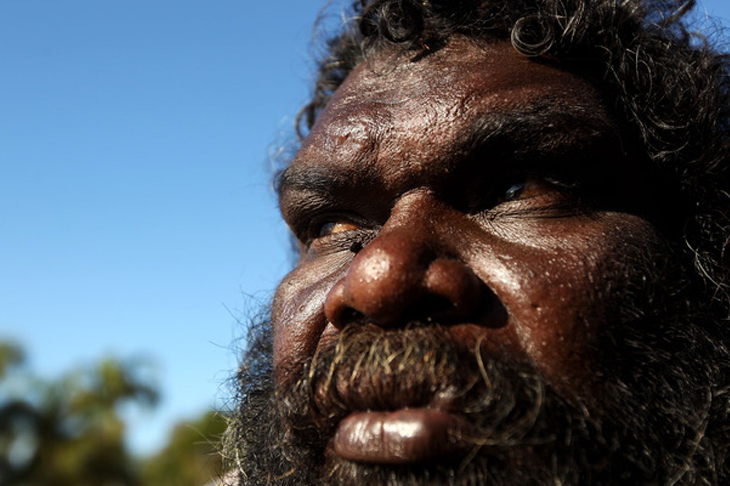
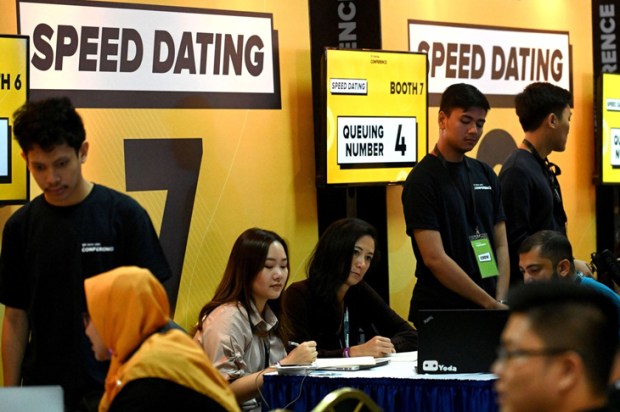
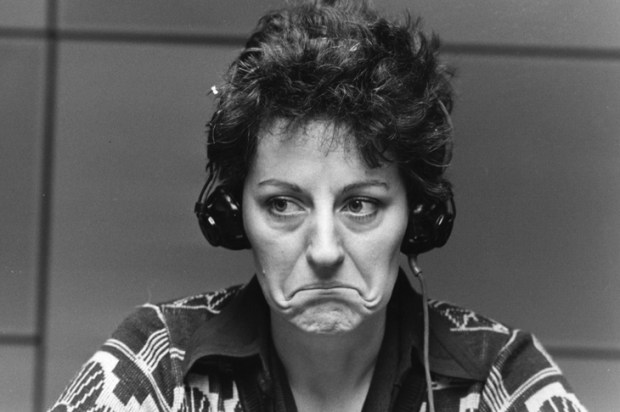
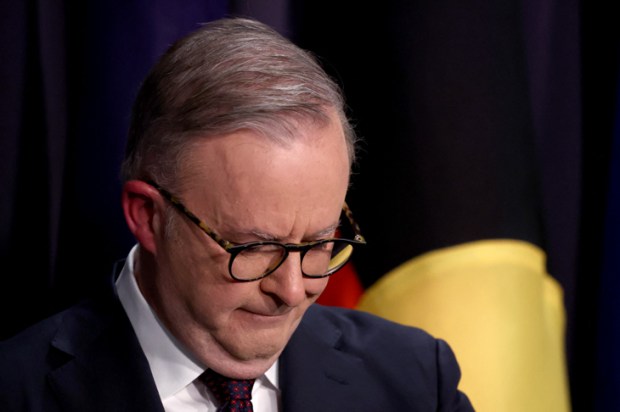
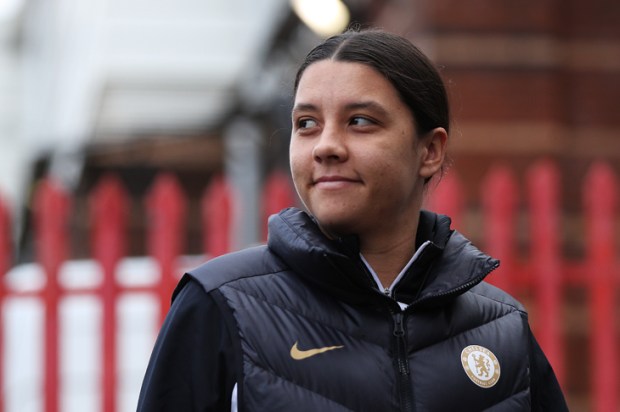
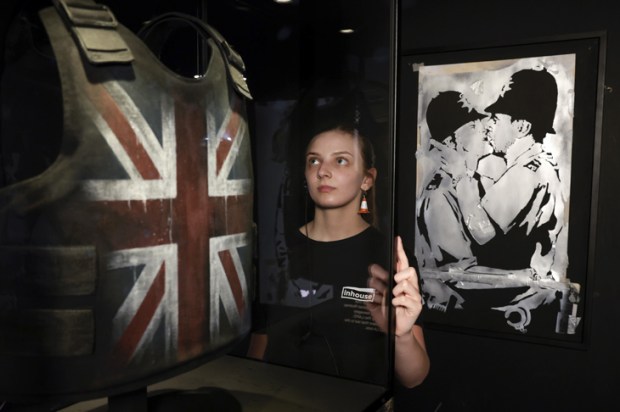
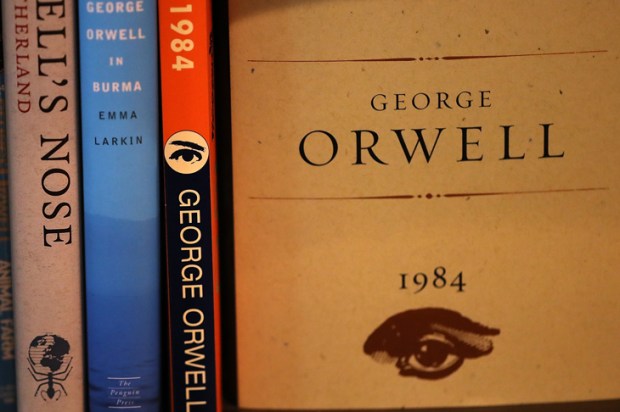






Comments
Don't miss out
Join the conversation with other Spectator Australia readers. Subscribe to leave a comment.
SUBSCRIBEAlready a subscriber? Log in